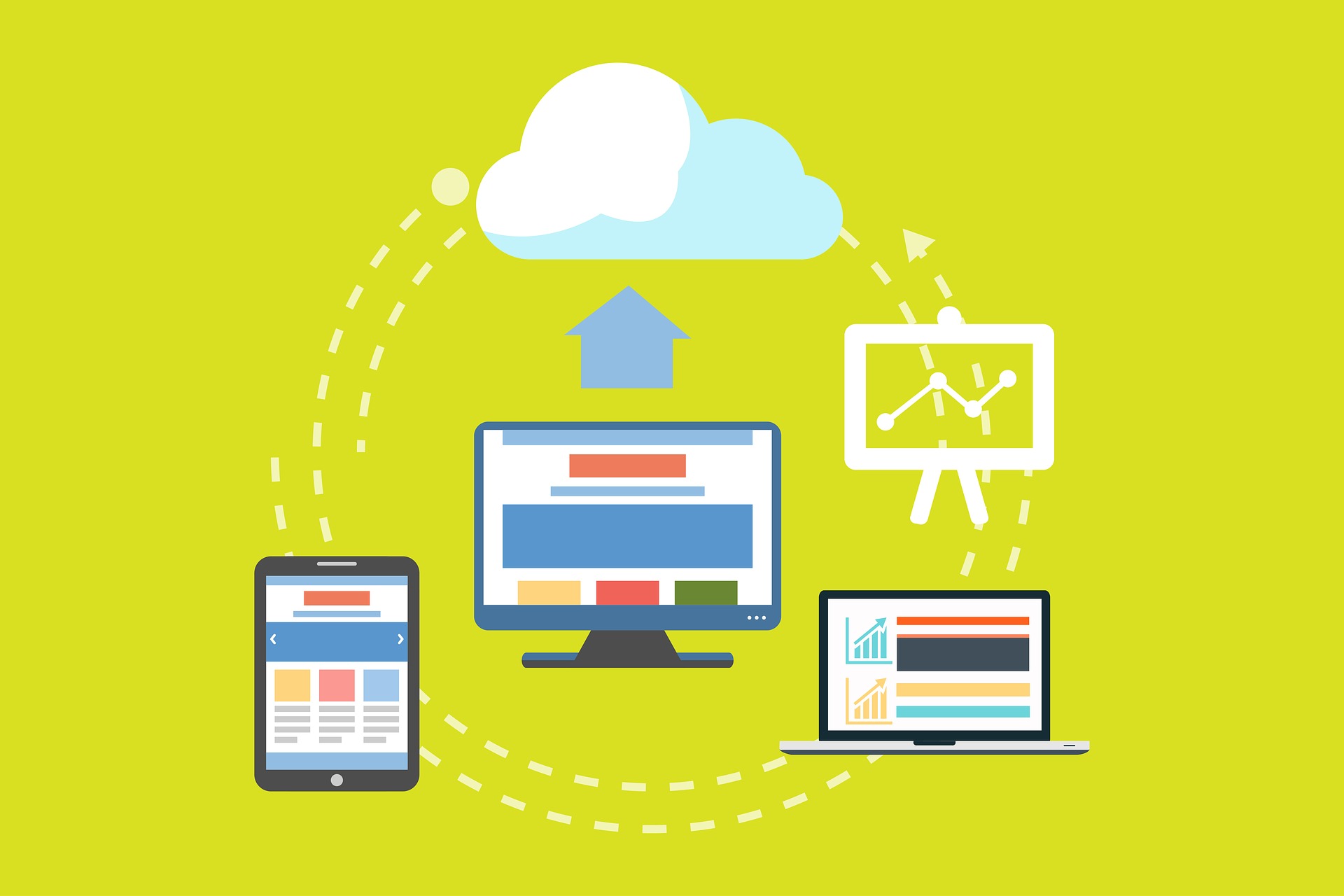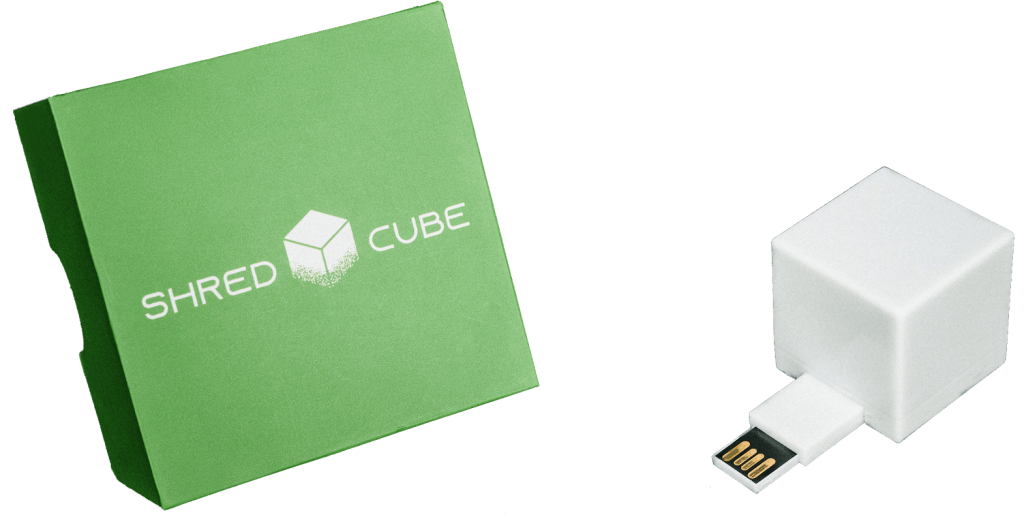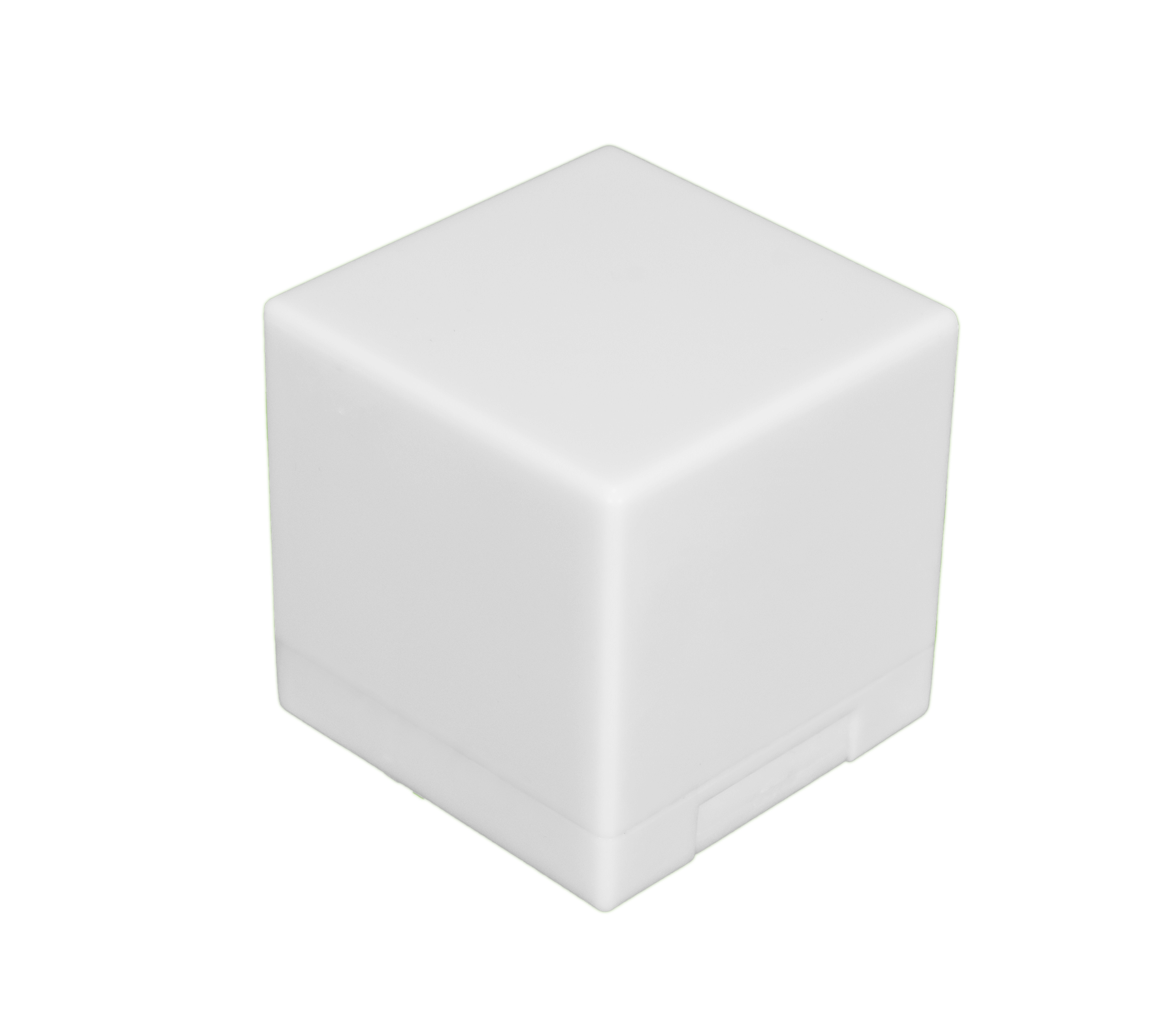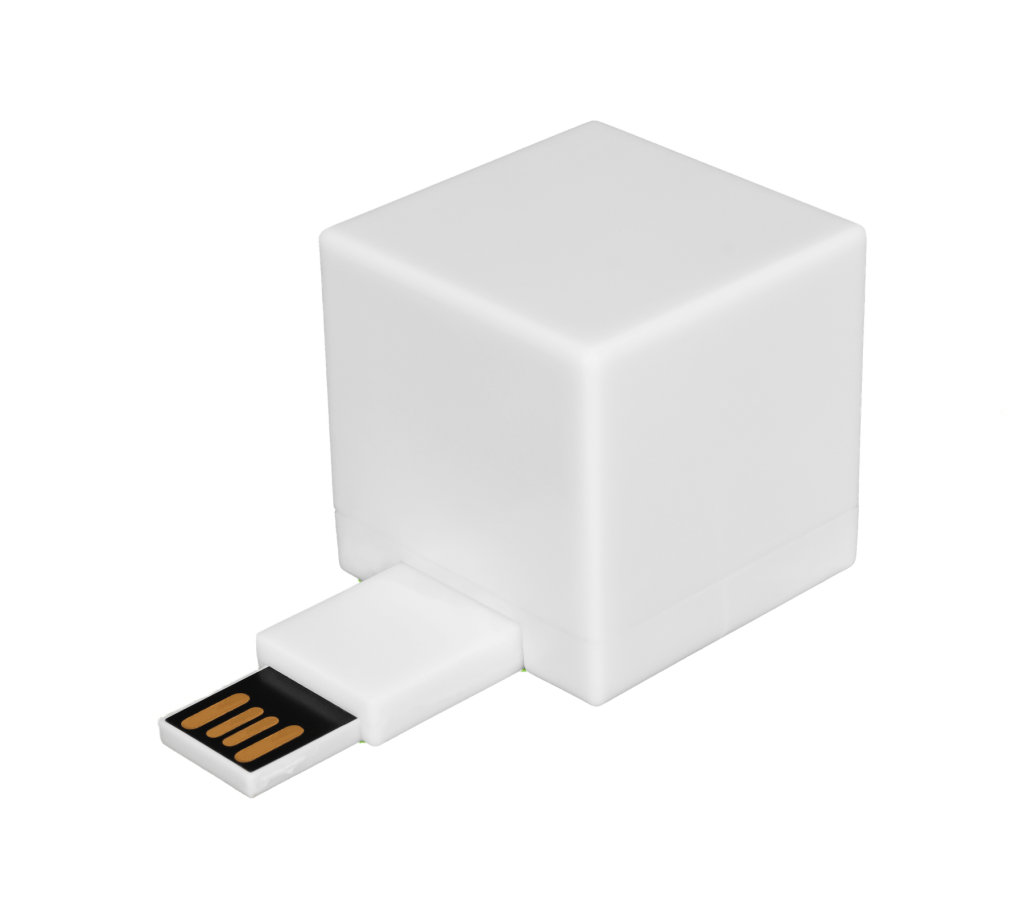The longer you have a desktop or laptop computer, the more data and files you accumulate. Think of all the photos, emails, documents, and downloaded attachments you have saved on your computer. You probably don’t need some of them anymore (and thus should digitally shred them), but you might want to preserve others for future use or reference.
At a certain point, it’s necessary to systematically go through your personal files and get rid of those you no longer need. The same can be said for your business files, as there are likely plenty of PowerPoint presentations and work files that are outdated and just taking up space. That might include digitally shredding items with a solution like Shred Cube so they are permanently removed from your system and cannot be recovered by nefarious actors in the future.
Below is an overview of the data you should back up, potential solutions for storing your files, and the types of information you need to remove from your computer — as well as how to do it — to keep your personal information protected.
The 3 Most Common Computer Files To Back Up
Unexpected events such as a computer virus, malware, corrupted files, or a hard drive failure can destroy important files when you least expect it. Backing up your data is vital to ensure you don’t lose critical or irreplaceable information. Your hard drive will eventually fail due to wear and tear, regardless of whether a bad actor is able to infiltrate it, so you need to store copies of your data elsewhere.
If you are unsure about the files you should save and back up, follow this general rule: Back up any files you created. Do not worry about system files, operating systems folders, installed apps or programs, and temporary files.
The following list includes the three most common computer files that users back up:
1. Personal Files
A variety of file types fall under the umbrella of personal files. You will find most of these in the Users/Username folder, which is the default location to store a user’s data. Your personal files likely include:
- Documents
- Photos
- Downloads
- Desktop information
- Music
- Videos
2. Internet Browser Favorites And Bookmarks
You’ve spent years surfing the internet, shopping online, and bookmarking your favorite websites and blogs. You might not have to back up these files because many browsers allow you to sync your data across devices. If you are unsure if yours will, you may want to back up any file folders containing your favorite websites.
3. Emails
The extent to which you back up your email depends on your configuration. If you read yours through a desktop email client setup, you likely do not need to back them up because the originals are stored on the server. You will need to back them up if you manually download your emails to a desktop client, however.
4 Options For Backing Up Your Files

How you back up computer files depends on how much data you have and your personal preferences. Some of the most common choices include:
1. External Hard Drives
Many choose to store data on external hard drives because they are user-friendly, inexpensive, portable, and provide different options for storage. They can fail, too, so it’s important to replace yours every few years.
2. Flash Drives
Backing up to a USB flash drive is a great and inexpensive option if you don’t have a lot of data or personal files. Even highly durable options at higher price points are less expensive than external hard drives, but be careful because they are easy to misplace.
3. Network Attached Storage (NAS)
NAS devices use several drive to create larger storage spaces. Computers connect to them as part of a network, a popular option for businesses because it’s like having a private in-office cloud. NAS devices often come with software or work with built-in back up programs like Time Machine on Macs. They continually store your files wherever you direct the software, so that data is likely going to an extra internal computer drive, an external hard drive, or the cloud if you aren’t sending it to a NAS device.
4. Cloud-Based Back Up
The latest and most popular solution is storing copies of your files in the cloud. You can then access them from any device connected to the internet. Google, Apple, and Microsoft offer various cloud storage options, some of which are free.
Which Files Should I Digitally Shred To Remove Them From My Computer?
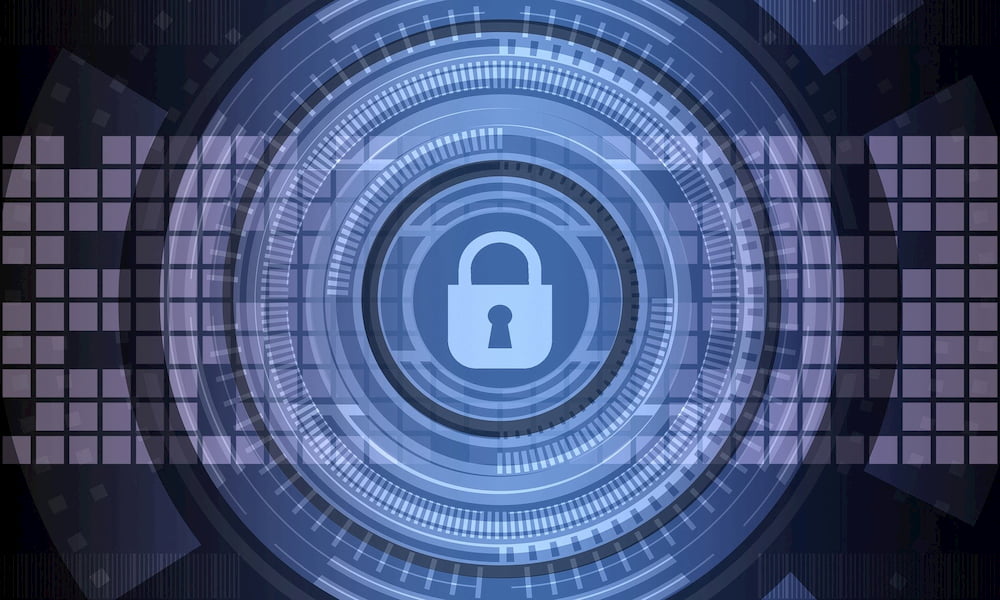
Some files you no longer need should be removed from your computer. You might choose to delete them, but your computer never actually deletes the data when you empty your recycle bin. The best option to remove unneeded files forever is to digital shred them, in which software removes your information and writes over it repeatedly with other data to make it unrecognizable and prevent others from using it for nefarious reasons.
The types of files most users digitally shred include:
1. Financial Documents
This includes bank statements, brokerage statements, old income tax returns, copies of loan agreements, old insurance policies, and other financial documents or statements with valuable information. Your name, address, phone number, and email are on these documents, as well as your account numbers and balance information. Not using software to digitally shred this type of information opens you up to fraud and identity theft.
2. Government Documents
Any documents or applications for government programs like Medicaid, Medicare, student loans from the Department of Education typically include your personal contact information and Social Security numbers for you and any members of your family. You will want to digitally shred these to protect that information
3. Business Documents
Business owners need to protect their intellectual property and clients’ or partners’ information. That might include medical records, old legal agreements, and confidential company documents that contain information you don’t want others to see, all of which required you to use software to digitally shred them to prevent use by bad actors.
Permanently Digitally Shred Your Files With Shred Cube
If you have personal and business information you want to protect, or files you want to permanently delete, then it’s time to try Shred Cube. Contact us today for more information about how we can digitally shred your sensitive materials, make your deleted information unrecoverable, secure your systems, and safeguard any data that crosses your personal or business’s path.


